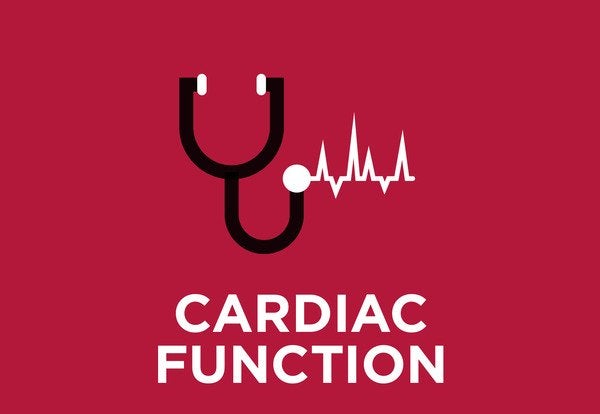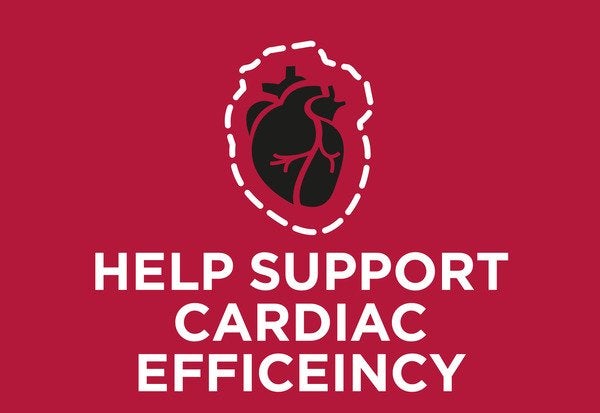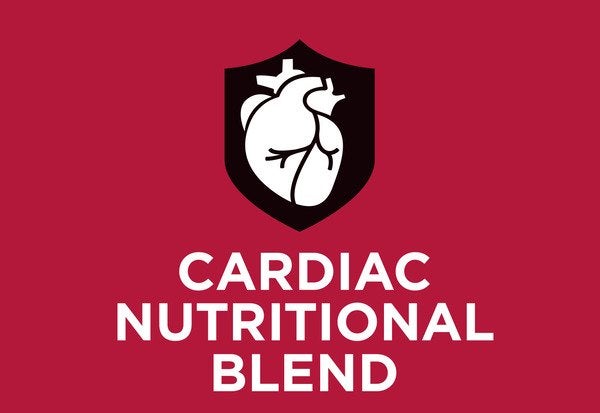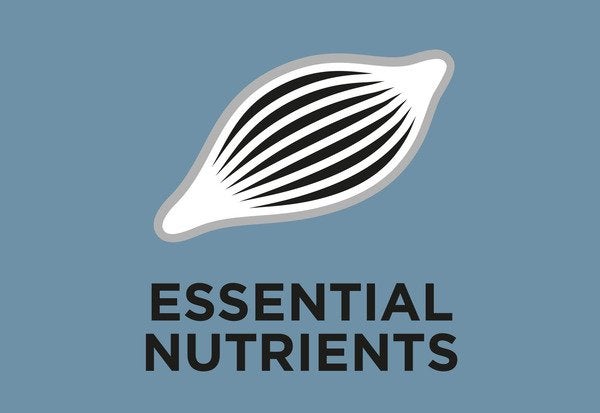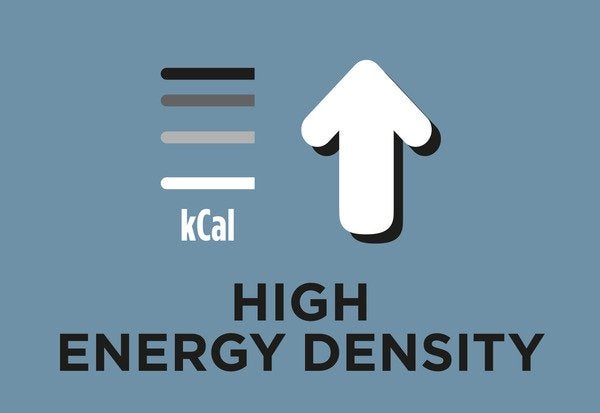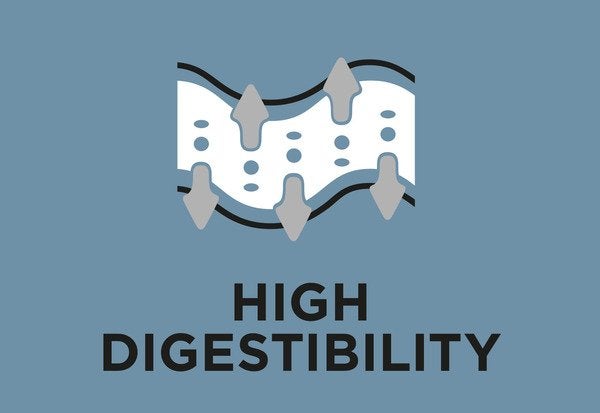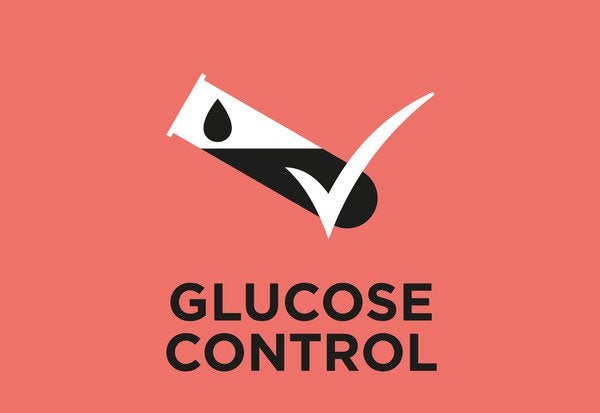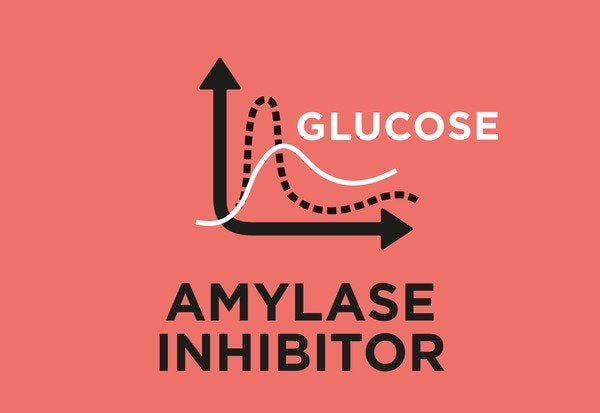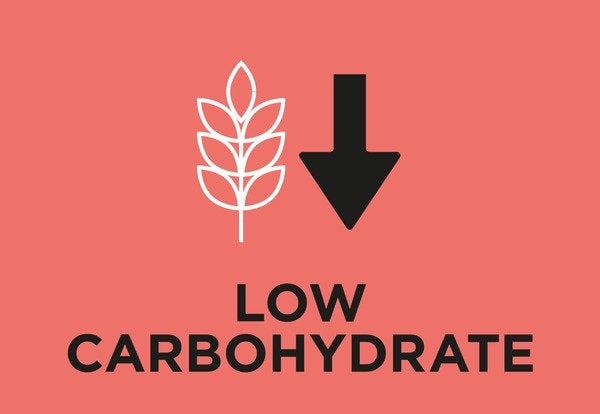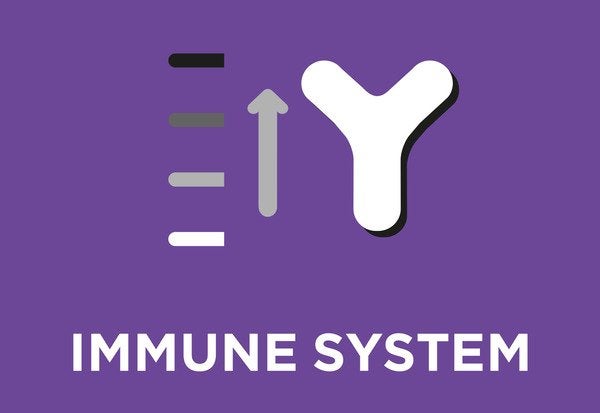A prospective study designed to evaluate death risk in undernourished hospitalized dogs was conducted throughout 9 months in a veterinary teaching hospital in Spain and gathered data from a total of 500 patients that had been hospitalized during more than 24 hours. By assessing the prevalence of undernutrition at time of admission, which is measured as a loss in the body condition score (BCS) and body weight (BW), the study evaluated the risk factors that affect dog’s nutritional status and outcome as either discharge or death. Other risk factors, such as energy intake, hospitalization length, age, sex, severity of clinical signs, department of admission, fasting or nutritional interventions, and the presence of anorexia, vomiting or diarrhea at admission were also evaluated.
Patients were generally found to consume less than 25% of their energy requirements (84% of patients), and only 3.4% of them met their energy requirements at admission [P < 0.001; Odds Ratio (OR) 0.95, 95% CI: 0.92 to 0.98], and hence were found to have a lower probability of death, while anorexia [P < 0.001; OR 5.67, 95% CI: 2.23 to 15.47] at admission was linked with a superior chance of death. While the other risk factors also play a key role in patient’s outcome probabilities (for example, those that were diagnosed with anorexia upon admission were associated with a higher risk of death). As one of the main conclusions, this study found that there is a correlation between inadequate energy intake and death.
 purina: insieme è meglio
purina: insieme è meglio











